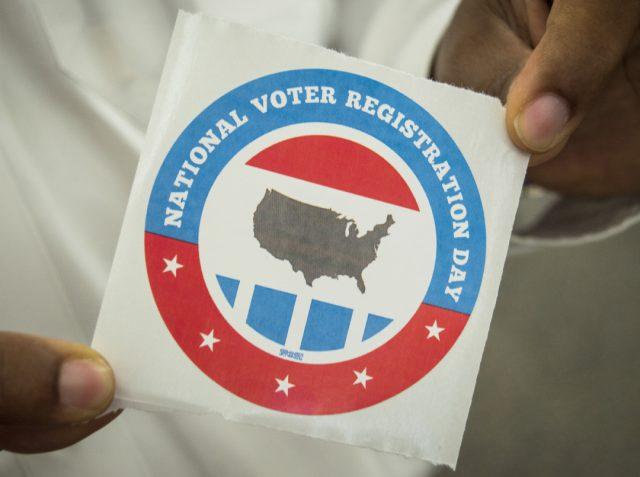By Kathryn Kelman/editor-in-chief
College students need to make sleep a priority, she writes in the midst of pulling her second all-nighter in a five-day span.
I’m not wrong, but I do need to do a better job of practicing what I preach because it really is important for all of us to get enough sleep. Every cell in the body needs it. If we don’t sleep, it becomes increasingly difficult to navigate the challenges college brings.
It’s no secret that college students lead busy lives, especially students at TCC who often work a job or two … or three … and have other responsibilities outside of academics like taking care of families. But what primarily makes it difficult for college students to get good sleep is their failure to make it a priority. With so many other things going on — projects, papers, parties, family time, student organizations, working to afford college and other life expenses — sleep doesn’t seem all that important.
Eighteen- to 25-year-olds should get seven to nine hours of sleep each night, according to the National Sleep Foundation.
While stress is often what keeps students, and most people, up at night, getting enough sleep reduces the risk of depression and anxiety, both of which college students are at a much higher risk for due to the stress they’re under.
And when it comes to school — you know, that thing we’re more often than not losing sleep over — getting the right amount of sleep helps with focus which can lessen GPA-related stress.
For those skipping sleep for parties and such, keep in mind when we skip sleep, we’ll eventually become too exhausted to enjoy the fun things we’re losing sleep for. A lack of sleep will always catch up to us.
Sleep deprivation has become a way of life and a bit of a running joke for college students who perpetually suffer from persistent sleep debt, which occurs when one doesn’t regularly get enough sleep. The more sleep debt we acquire, the more our performance on daily tasks is inhibited and the more our chances of emotional breakdowns increase, especially during high-stress times like midterms and finals.
This culture of “I can sleep when I’m dead,” needs to change, and we have to start giving sleep the respect it deserves for all that it does for us.






























